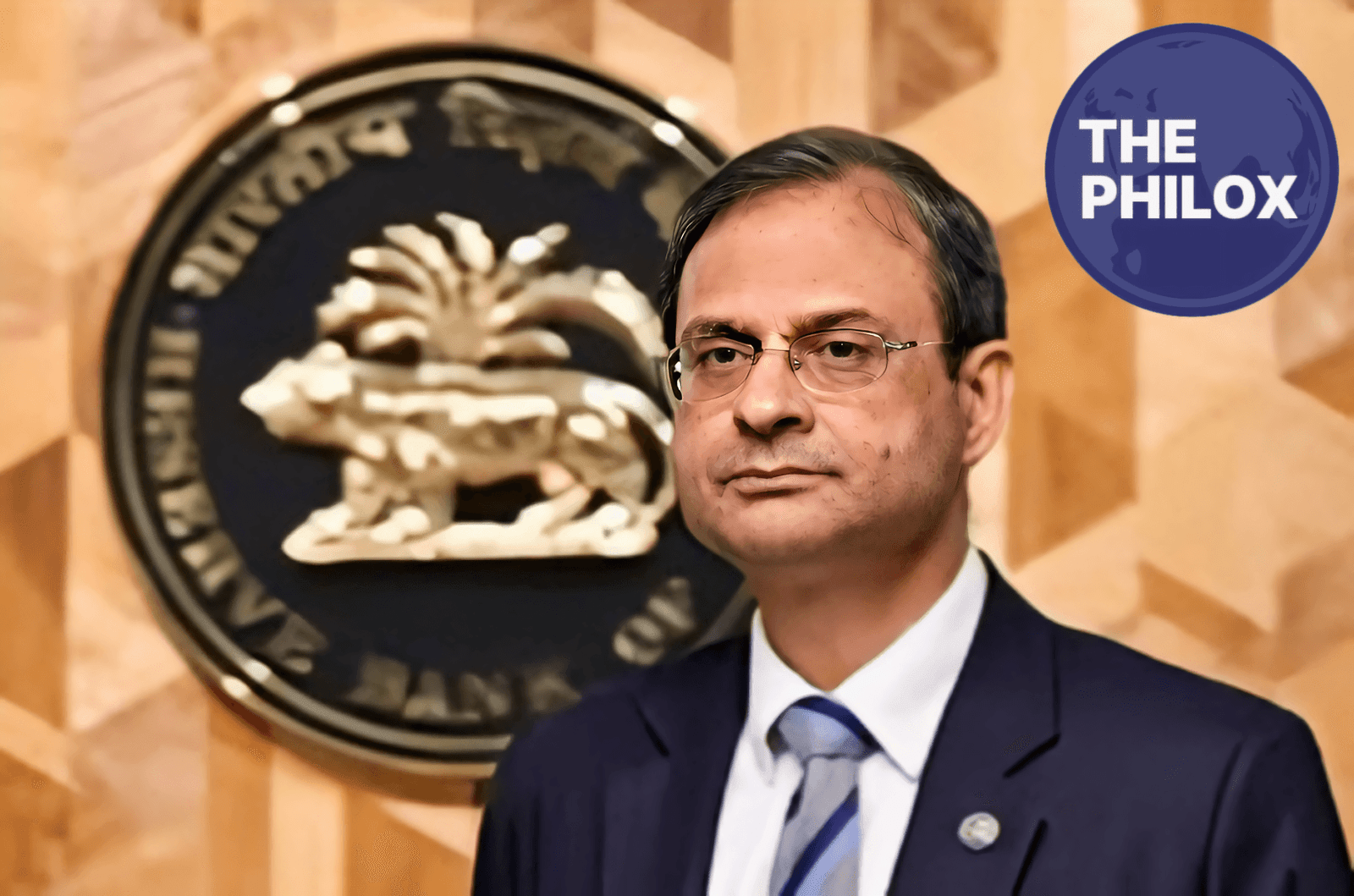Governor Sanjay Malhotra of Reserve Bank of India (RBI) has expressed worries about the possible drop in India’s share market, linking it to the recent United States President Donald Trump’s 26% tariff levy on Indian exports.
Effective from April 9, 2025, these tariffs are a component of the US government’s larger approach to supposedly balance trade. Such protectionist policies, Governor Malhotra underlined, would cause lower investor confidence and more volatility in the Indian stock market.
Right away effect on Indian stock indices
Indian financial markets fell noticeably after the US tariffs were announced. Reflecting market nervousness about the possible economic consequences of the tariffs, the BSE Sensex slumped by almost 450 points to 73,823 while the Nifty50 plunged to 22,400.
This fall emphasizes the interdependence of world financial markets and reflects a sell-off worldwide brought on by growing trade conflicts.
Monetary Policy Reaction by RBI
The RBI’s Monetary Policy Committee (MPC) met in reaction to the changing economic environment and decided to decrease the repo rate by 25 basis points to 6%.
This choice indicates the central bank’s move to an accommodating policy posture meant to encourage economic development and marks the second consecutive rate drop in 2025.
Governor Malhotra pointed out that the rate reduction is meant to reduce the negative consequences of global trade uncertainty and increase home demand.
Revised Estimates of Economic Growth
Acknowledging the possible influence of the US tariffs, the RBI has changed its estimate of the annual economic growth from 6.7% to 6.5%. This change reflects worries on the detrimental effects of trade frictions on India’s export performance and general economic momentum.
Although India’s economy is still strong, Governor Malhotra pointed out that the uncertainty of the external environment calls for a careful approach to increase forecasts.
Possible consequences on monetary stability and inflation
Particularly if the Indian rupee depreciates more, the application of tariffs and the consequent trade disputes may put increasing pressure on inflation.
A devalued rupee might cause imports to be more costly, which would raise local products and service prices.
Governor Malhotra underlined the RBI’s dedication to closely observing inflation trends and implementing suitable action to guarantee price stability while also noting these hazards.
RBI’s Hope Among Global Difficulties
The RBI keeps a positive view of India’s economic future in spite of the difficulties the US tariffs provide.
Governor Malhotra underlined that internal demand, which offers a shield against outside shocks, drives India’s development mostly.
Furthermore, the central bank expects some advantages from the probably declining prices of commodities and crude oil, which might help to offset some of the negative effects of the tariffs.
Interacting with Foreign Partners
India is aggressively interacting with foreign partners including the United States to handle trade-related issues in order to negotiate the complexity of the global trade environment.
In order to settle trade problems and create a stable economic climate fit for development, Governor Malhotra underlined the need of diplomatic efforts and honest communication.
In summary
Particularly with relation to export performance and investor attitude, the US tariffs imposed on Indian commodities seriously compromise India’s economic environment.
Under Governor Sanjay Malhotra, the RBI is aggressively addressing these issues by means of strategic interaction with foreign partners and changes in monetary policy.
Although there are always unknowns, the central bank’s will to keep economic stability and promote development is unwavering.






